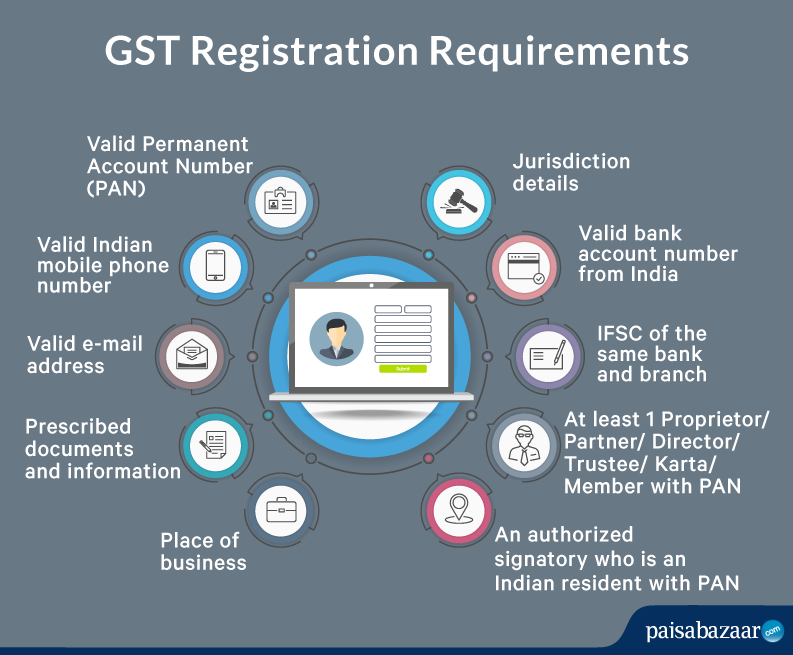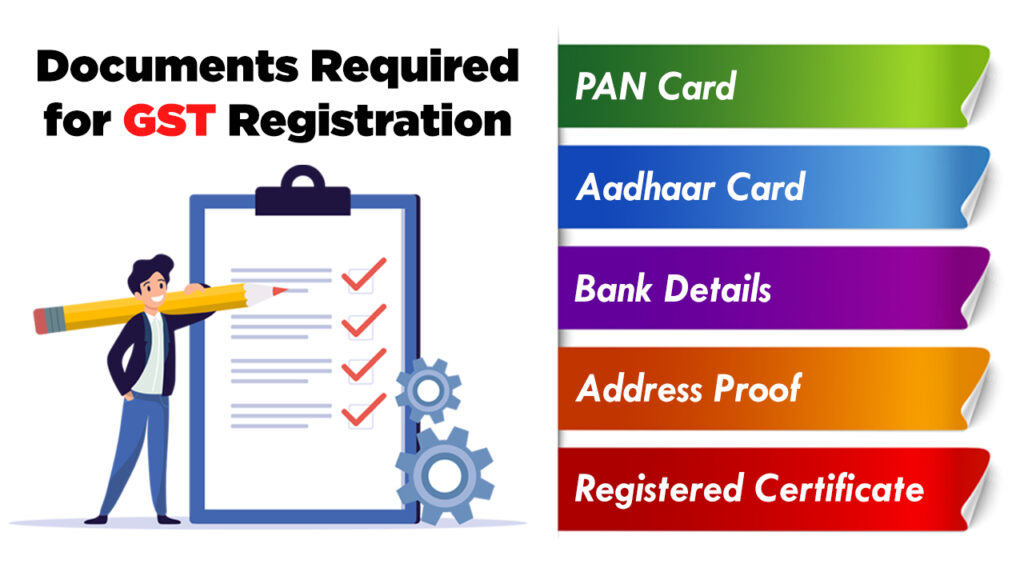Economical Choices for the Best GST Registration Services in Singapore
Throughout: The Ultimate Roadmap to GST Registration for Businesses Looking For Financial Security
Navigating the complexities of Product and Services Tax (GST) enrollment is a vital step for businesses making every effort for economic stability. From recognizing the basic concepts of GST to following post-registration standards, the procedure can appear intimidating at very first glance. Damaging down the roadmap right into convenient steps can improve the registration trip for services looking to improve their monetary standing. Allow's discover the important elements that comprise this utmost roadmap and discover how each stage contributes to laying a solid foundation for financial success.
Understanding GST Basics
Looking into the basic principles of Product and Provider Tax (GST) is crucial for obtaining a thorough understanding of its ramifications on businesses and the economic climate. GST is a value-added tax levied on many goods and services for residential usage. It has actually replaced numerous indirect tax obligations that existed in the pre-GST age, streamlining the tax obligation framework and enhancing convenience of doing organization in India. Under the GST system, both items and services are taxed at a details rate, which is determined based upon their classification. Businesses are called for to register for GST if their yearly turn over exceeds the threshold restriction established by the federal government. Input Tax Credit Report (ITC) is a considerable attribute of GST, enabling organizations to assert credit history for taxes paid on inputs, minimizing the total tax worry. Recognizing the essentials of GST is essential for businesses to abide with tax regulations, manage their funds efficiently, and add to the nation's financial growth by getting involved in a transparent tax obligation system.
Qualification Criteria for Enrollment
To sign up for GST, businesses must meet details eligibility criteria established by the federal government. The key qualification need is that any kind of service associated with the supply of products or services with an annual accumulation turn over above the threshold limit established by the authorities must register for GST. As of the current policies, the threshold limit for GST registration is an annual accumulation turnover of 40 lakhs for companies operating within a state, with the exception of unique classification states where the limit is 20 lakhs. In addition, specific companies are required to register for GST regardless of their turn over, such as interstate vendors, laid-back taxable individuals, and organizations reliant pay tax obligation under the reverse charge mechanism. It is critical for organizations to extensively examine their turnover and transaction kinds to establish their GST registration obligations precisely. Failure to sign up for GST when eligible can result in fines and legal consequences, making it crucial for services to follow the defined eligibility criteria.
Documents Needed for Registration
Having actually met the eligibility criteria for GST registration, businesses need to now ensure they have the requisite files in location to proceed with the enrollment procedure efficiently. The papers required for GST registration normally consist of evidence of service constitution, such as partnership action, enrollment certification, or consolidation certification for various sorts of companies. Additionally, businesses need to supply documents developing the primary workplace, such as a rental agreement or electrical energy expense. PAN card of the company, along with the identity and address proof of promoters/partners/directors, are essential for confirmation purposes. Financial institution account declarations, along with terminated cheques or a duplicate of the financial institution passbook, are needed to verify the monetary details provided throughout registration. Businesses should have digital signatures ready for the licensed notary. Guaranteeing all these documents are arranged and easily offered will certainly quicken the GST enrollment process, allowing organizations to follow tax laws flawlessly.
Step-by-Step Enrollment Process
Commencing the GST enrollment procedure includes a collection of structured actions to make sure look these up a compliant and seamless enrollment for businesses. The initial step is to see the GST site and complete the registration form with accurate details of business entity. Following this, the candidate obtains a Short-term Recommendation Number (TRN) which is utilized to return to the application procedure great site if it's not completed in one go.
Next, all required records based on the checklist offered by the GST portal need to be submitted. These documents usually include evidence of service identity, address and enrollment evidence of promoters, monetary statements, and business entity's PAN card.

Post-Registration Conformity Guidelines

Final Thought
In final thought, services seeking financial security needs to comprehend the fundamentals of GST, meet qualification requirements, gather necessary papers, adhere to the detailed registration procedure, and conform why not find out more with post-registration guidelines - Best GST registration services in Singapore. By sticking to these steps, companies can guarantee conformity with tax obligation guidelines and maintain financial security in the lengthy run
Additionally, specific services are required to sign up for GST irrespective of their turnover, such as interstate distributors, laid-back taxed persons, and organizations responsible to pay tax under the reverse cost system.Having actually satisfied the qualification requirements for GST enrollment, companies must currently ensure they have the requisite files in area to proceed with the enrollment process successfully. The papers needed for GST registration commonly consist of proof of company constitution, such as collaboration deed, registration certificate, or unification certificate for various kinds of services. In addition, companies require to provide papers developing the major location of business, such as a rental agreement or electrical energy bill.Starting the GST enrollment process includes a series of structured actions to make certain a smooth and certified enrollment for businesses.